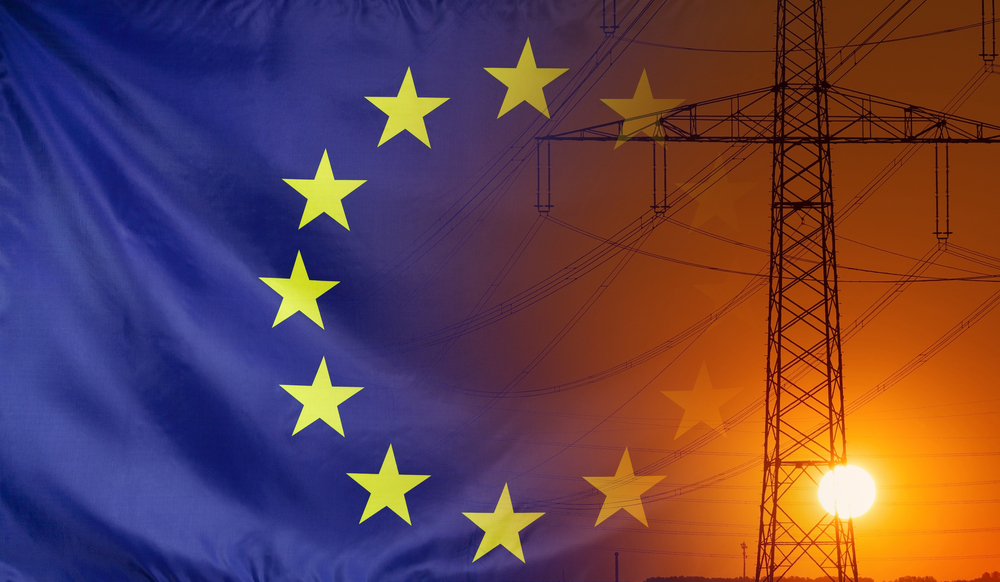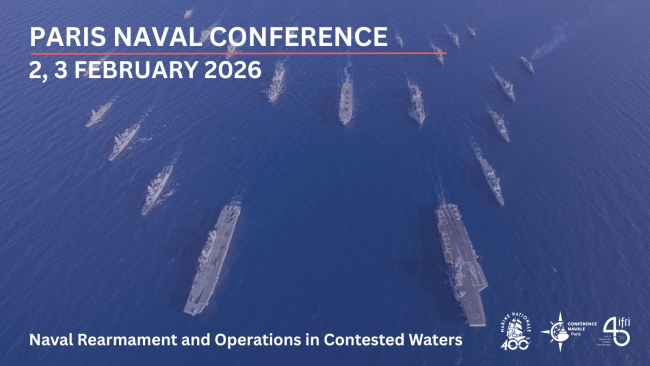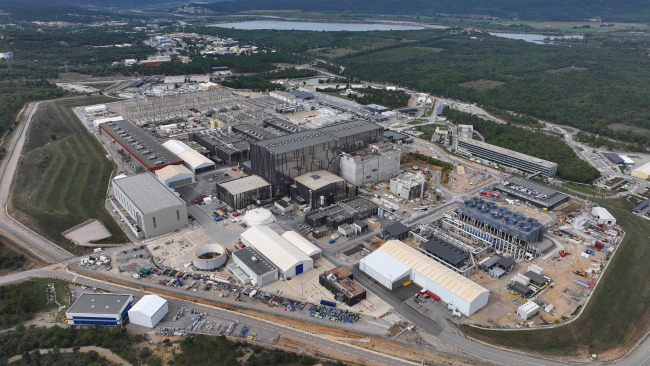
Practical information
Themes and regions
Related centers and programs
Public discussion organised in the Framework of the Rencontres de Schwarzenbergplatz.
Climate change, with its dramatic impact on our future, is a civilisational challenge both in Europe and across the world. To address it, France, Austria and the European Union have initiated an unprecedented green and technological transition, guided by ambitious decarbonisation strategies. Extensive measures promoting innovation, with the parallel advancement of the carbon market, aim at transforming carbon-intensive modes of production and consumption.

This transition, however, takes place in a geopolitical context that imposes new realities in Europe. Russia’s war of aggression in Ukraine has brutally exposed European vulnerabilities due to its dependence on Russian gas. The challenge for the European Union, is to accelerate the necessary transition to clean energy while at the same time avoiding new dependencies and ensuring its energy and technological security, thereby contributing to Europe’s sovereignty.
What are the main vulnerabilities that the European Union is facing in its quest for energy sovereignty and green transition? How can the European Union reinforce security in its energy supply chain, and with which partners? What potential can the European tap in building up the production of primary decarbonised energy on European soil? What role can’t hydrogen and nuclear energy play therein? And how to further encourage innovation, research and development?
Working language: English
18h00 Opening
Frédéric Joureau, Chargé d’affaires a.i. at the Embassy of France to Austria
18h05 Keynote
Caroline Vermeulen, Ambassador of Belgium to Austria
18h20 Discussion
Diana-Paula Gherasim, Research Fellow, Head of European energy and climate policies at the Center for Energy & Climate of the French Institute of International Relations (Ifri), Paris
Zuzanna Nowak, Analysis Director -Energy and climate policy analyst at the Opportunity Institute for Foreign Affairs, Warsaw
Romana Jungwirth Březovská, Research Fellow, Association for International Affairs, CzechGlobe – Global Change Research Institute of the Czech Academy of Sciences Prague
Benigna Boza-Kiss, research scholar at the Energy, Climate, and Environment (ECE) program of the International Institute for Applied Systems Analysis
Chair : Christina Maria Huber, Head of Sustainability at neoom international gmbh
19h55 Conclusion
Dietmar Schweisgut, Secretary General, Austro-French Centre for Rapprochement in Europe
20h00 end of the discussion

Related Subjects
Other events

Paris Naval Conference 2026: Naval Rearmament and Operations in Contested Waters
This fourth edition of the Paris Naval Conference (CNP), bringing together high-level military, industrial, and academic speakers, will address the challenges associated with general naval rearmament and naval operations in increasingly contested environments.

Is Fusion Coming Faster and Cheaper than Expected?
ITER was for long time the embodiment of fusion as an international, long standing R&D cooperation objective to seek a new way to produce safe, low carbon and abundant low carbon electricity. Yet over past years, fusion start ups, several governments and investors have decided to push fusion R&D and deployment to complement ITER. Major efforts are ongoing notably in the United States, China, Germany, Italy.

EV Supply Chains for Japan and Europe: Strengthening Economic Security
Economic security aims to ensure the resilience of supply chains for key industries: the case of electric vehicle production in Japan and Europe will be discussed.







